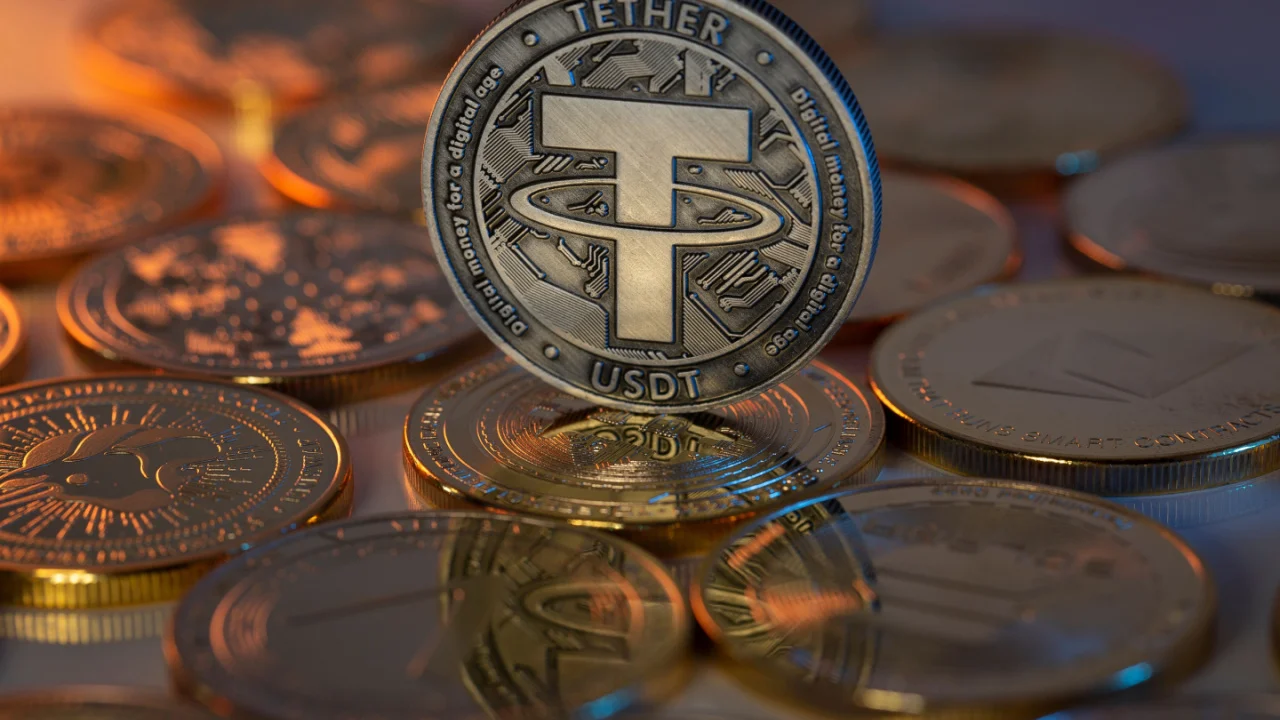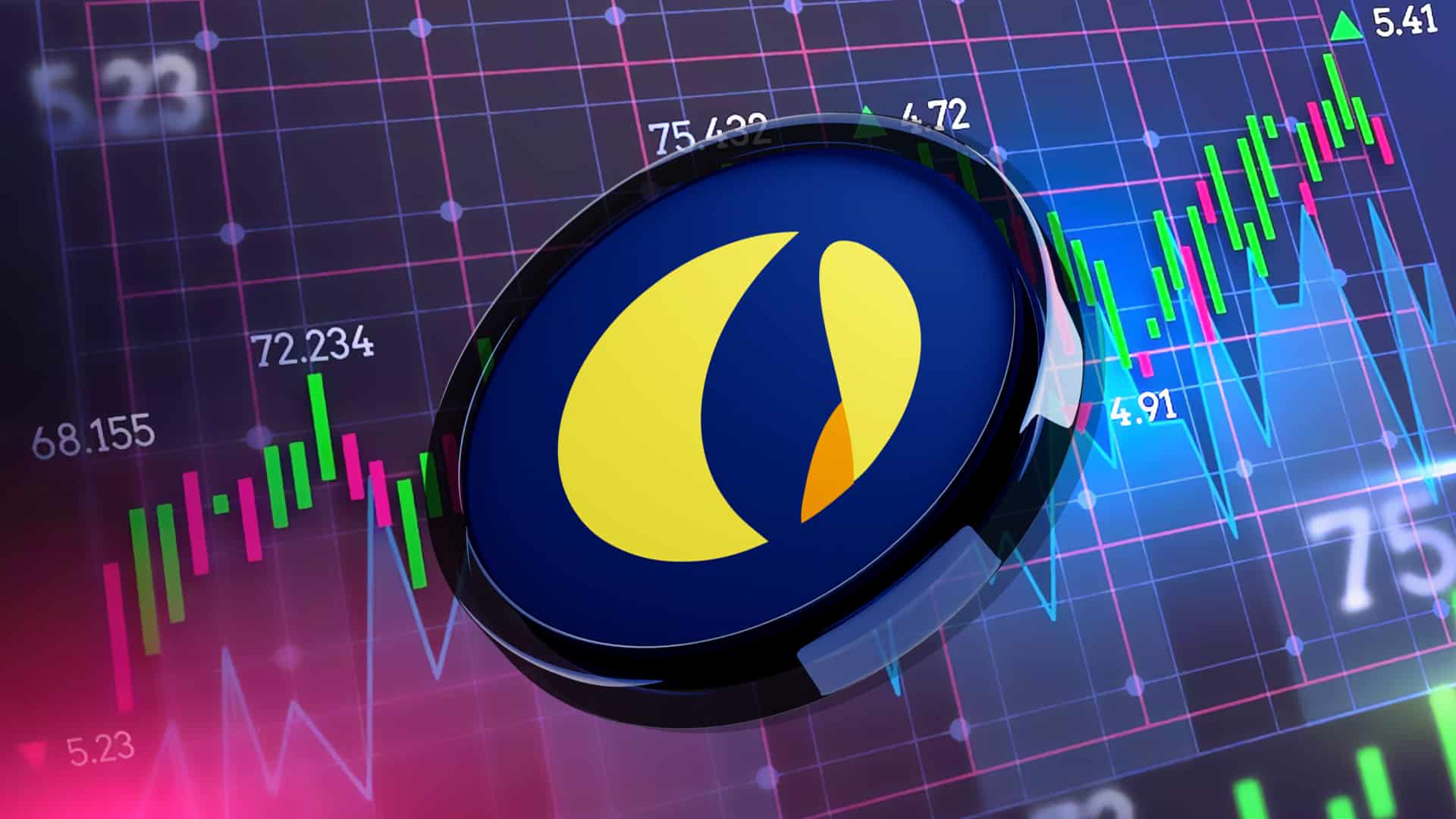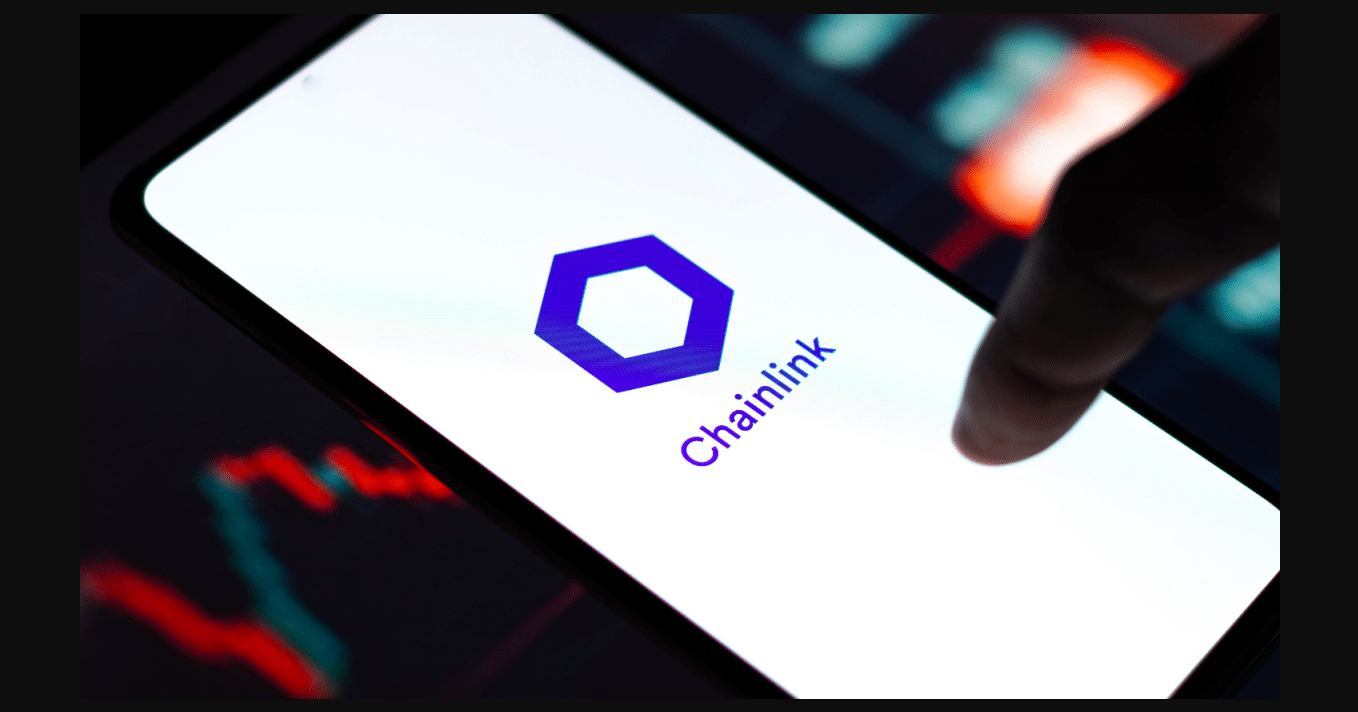|
Getting your Trinity Audio player ready...
|
Binance, the world’s leading cryptocurrency exchange, has taken a significant step towards strengthening user protections by converting its Secure Asset Fund for Users (SAFU) entirely into USD Coin (USDC), a leading stablecoin.
This move, confirmed on-chain and announced by Binance on April 18th, 2024, highlights the exchange’s commitment to transparency and user security.
SAFU Gets a Stablecoin Upgrade: Enhanced Reliability and Transparency
Previously, SAFU held a mix of assets. Now, by transitioning 100% of its holdings to USDC, Binance aims to bolster the fund’s reliability and maintain its $1 billion valuation. USDC, the second-largest stablecoin by market cap, is praised for its transparency and focus on regulatory compliance. This aligns with Binance’s recent efforts to improve its standing with global regulators.
Following the official announcement, Binance transferred a combination of crypto assets to its hot wallet. This included 16,277 Bitcoin (BTC), currently valued at around $1 billion, and 1.36 million Binance Coin (BNB), worth approximately $749 million. These assets were then reportedly converted to $1 billion USDC and deposited into the designated SAFU fund wallet.
Established in 2018, SAFU functions as an emergency insurance fund for Binance users. In the event of unforeseen circumstances, such as exchange hacks, SAFU acts as a safety net, potentially reimbursing users for any financial losses incurred.
Beyond SAFU: Binance’s Regulatory Push
Binance’s commitment to user protection extends beyond SAFU. The exchange has also made considerable progress on the regulatory front, particularly in India and Dubai.
India: A Second Chance with Regulatory Compliance: In India, Binance reportedly agreed to pay a $2 million fine and pledged to re-enter the market after facing a temporary ban earlier this year. This agreement includes registration with the Financial Intelligence Unit (FIU), which oversees Virtual Asset Service Providers (VASPs) in India. Additionally, Binance must comply with local taxation frameworks and the Prevention of Money Laundering Act (PMLA).
Dubai VASP License: A Regulatory Milestone
Meanwhile, in Dubai, Binance CEO Richard Teng announced that the exchange secured a coveted Virtual Asset Service Provider (VASP) license. Notably, this achievement came after co-founder Changpeng Zhao (CZ) relinquished voting control within the exchange’s local entity.
Related: Binance Gets Dubai Crypto License: CZ Relinquishes Control for Regulatory Approval
These advancements highlight Binance’s prioritized focus on regulatory compliance, especially following legal challenges with US authorities in 2023. Back then, Binance settled federal charges of around $4.3 billion stemming from flaws in its anti-money laundering (AML) protocols and violations of the Bank Secrecy Act. The recent developments, including the USDC conversion and regulatory progress, demonstrate Binance’s efforts to rebuild trust and operate within a compliant framework.
With a keen eye on the latest trends and developments in the crypto space, I’m dedicated to providing readers with unbiased and insightful coverage of the market. My goal is to help people understand the nuances of cryptocurrencies and make sound investment decisions. I believe that crypto has the potential to revolutionize the way we think about money and finance, and I’m excited to be a part of this unfolding story.




